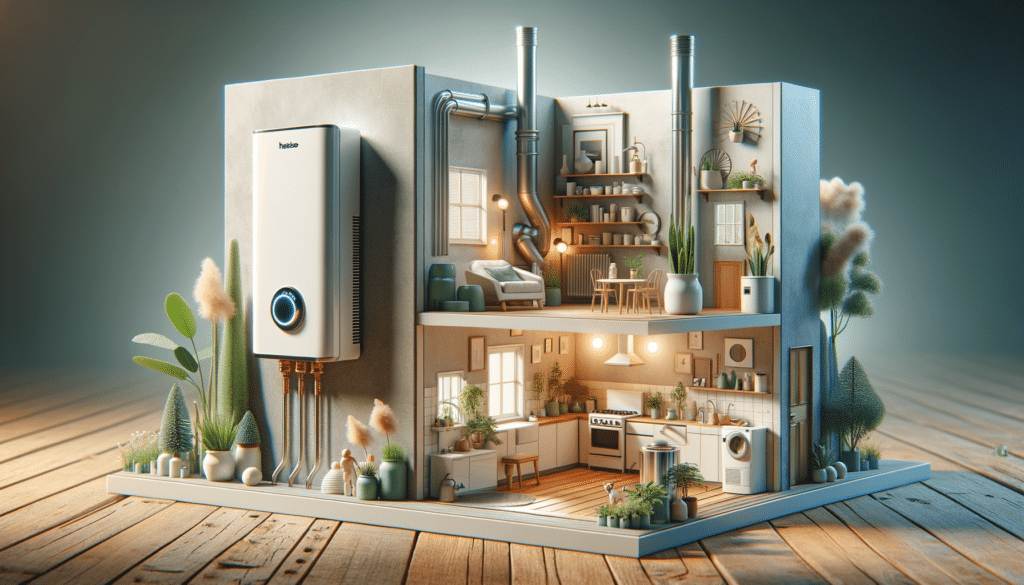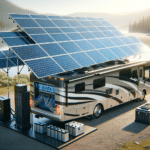Introduction to Modern Water Heating Solutions
In today’s fast-paced world, efficiency and sustainability are at the forefront of home design and functionality. Two systems that embody these principles are tankless and gas water heaters. These systems offer unique benefits that not only cater to modern household needs but also contribute to energy conservation and reduced utility costs. Understanding these systems can help homeowners make informed decisions about their water heating solutions.
Tankless Water Heaters: A Space-Saving Solution
Tankless water heaters, often referred to as on-demand water heaters, provide hot water only as needed. This eliminates the need for a storage tank, which can be a significant space saver, especially in compact homes. The absence of a tank also means there’s no standby heat loss, which is a common issue with traditional water heaters. The efficiency of tankless systems can lead to lower energy bills over time.
These systems are well-suited for homes with limited space or for those looking to streamline their utility areas. Key advantages include:
- Reduced energy consumption due to the absence of standby heat loss.
- Longer lifespan compared to traditional water heaters.
- Consistent supply of hot water, as long as the flow rate is within the unit’s capacity.
While the initial cost of installation might be higher than traditional systems, the long-term savings and efficiency gains often justify the investment.
Gas Water Heaters: Quick and Reliable Heating
Gas water heaters are renowned for their ability to heat water quickly, making them ideal for households with high hot water demands. These systems use natural gas or propane to heat the water, which can be more cost-effective than electric heating in areas where gas prices are lower. The rapid heating capability ensures that large families or homes with multiple bathrooms can enjoy a steady supply of hot water without long waits.
Some key benefits of gas water heaters include:
- Faster recovery rate compared to electric models.
- Potential for lower operational costs in regions with affordable gas prices.
- Availability in both tank and tankless configurations, offering flexibility to homeowners.
However, it’s important to consider the need for proper ventilation and regular maintenance to ensure safety and efficiency.
Tankless Water Heater Services: Ensuring Optimal Performance
Investing in a tankless water heater is just the beginning. To maintain its efficiency and extend its lifespan, regular maintenance and professional services are crucial. These services typically include descaling to remove mineral buildup, checking for any leaks, and ensuring that the system’s components are functioning correctly.
Professional service providers can offer:
- Regular maintenance schedules tailored to specific water conditions and usage patterns.
- Emergency repair services to address unexpected issues promptly.
- Expert advice on optimizing the system’s performance and energy efficiency.
By engaging with reliable service providers, homeowners can ensure that their tankless water heaters continue to operate at peak efficiency, providing reliable hot water and contributing to long-term savings.
Conclusion: Choosing the Right Water Heater for Your Home
When it comes to choosing between tankless and gas water heaters, understanding your household’s specific needs and energy goals is essential. Both systems offer unique advantages that can lead to significant savings and enhanced efficiency. Tankless water heaters are ideal for those looking to save space and reduce energy consumption, while gas water heaters provide rapid heating for high-demand households.
Ultimately, the decision should be influenced by factors such as initial investment, long-term savings, and the availability of energy sources. By carefully considering these aspects, homeowners can select a water heating solution that not only meets their current needs but also aligns with their future sustainability goals.


